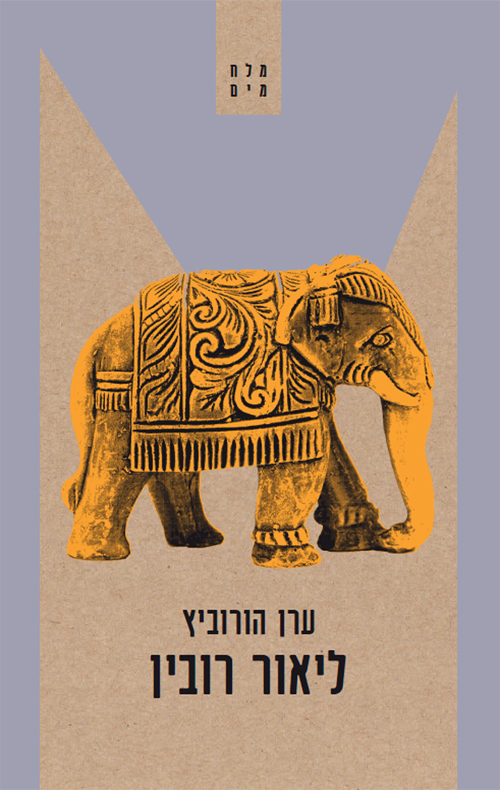
Lior Rubin
Lior Rubin is a coming-of-age story that describes, in an ingenious narrative structure, three stages in the life of a millennial Israeli.
In the first novella, which has the same title as the book, Lior Rubin has been inducted into the military, but is in a program in which he is allowed to complete university studies before active service. He leaves his parents’ home in Tel Aviv and rents a seedy apartment in Haifa, where he is studying. The first-person account of his relations with his mother, father and grandfather paints a complete family portrait, as well as the predictable course of his life, and the zeitgeist that dictates that he must fail. The second novella, Exit, is narrated in the third person in an ironic and distant voice. It tells of Lior Rubin’s military service and his discharge for mental health reasons, something that he has planned and that is something of a protest. The third novella, The Small Political Poem, is about a hip 30-year-old Tel Aviv teacher desperately trying to find a place for himself in two worlds, that of creativity and that of lust.
In three candid depictions, skillfully written and free of judgment or didactics, an intricate personality emerges, of a contemporary young man who is sure that it is his right to get everything out of life, and who gradually realizes that fate has dealt him a hand full of pain. The universal process of becoming an adult takes place within the world of Israeli youth, with the emphasis on the conflict between obedience and freedom. Contradictory feelings aroused in the reader by the hero are intensified: affection and recoil, understanding and condemnation.

-
“We fell in love with the debut novel Lior Rubin.”
-
“Eran Horowitz, aged 25, has created a world with a beat and a momentum, in almost musical prose, like the symphonies that the hero likes listening to.”
